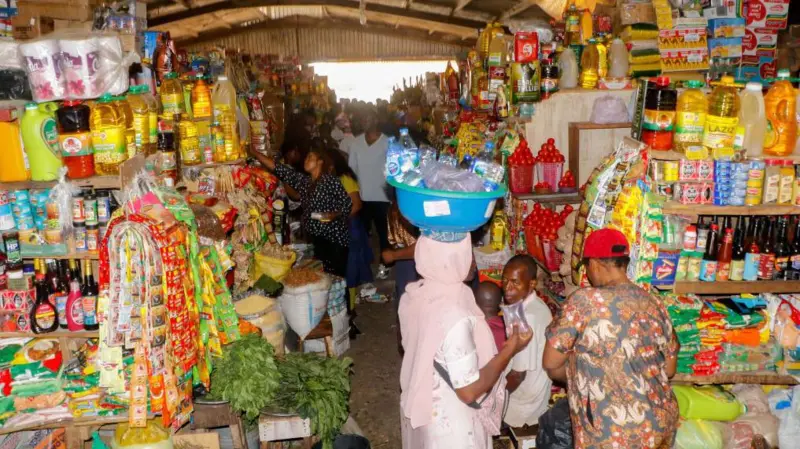A recent Cadre Harmonisé report, led by Nigeria’s Federal Government with international partners, projects a worsening food crisis in the country. By 2025, an estimated 33.1 million Nigerians will face high levels of food insecurity, with economic hardship, climate impacts, and ongoing violence driving the crisis. The report anticipates that during the next lean season (June–August 2025), 5 million people in northeastern Nigeria alone may experience food shortages.
Currently, even in peak harvest season (October–December 2024), about 25.1 million Nigerians are grappling with food insecurity. Those facing Emergency levels (Phase 4) of food insecurity are expected to nearly double from 1 million to 1.8 million by the 2025 lean season, with 5.4 million children and 800,000 pregnant and breastfeeding women at risk of malnutrition in regions like Borno, Adamawa, and Yobe.
Factors exacerbating Nigeria’s hunger crisis include a record 40.9% food inflation rate, the Naira’s depreciation, and recent fuel subsidy discontinuations. According to the National Bureau of Statistics, prices for staple foods, such as beans and rice, have skyrocketed by 282% and 153% respectively over the past year.
Severe flooding compounds these issues, with the UN’s Food and Agriculture Organization (FAO) reporting that recent floods affected over 9.2 million Nigerians and submerged 4.5 million hectares, including 1.6 million hectares of farmland. Losses in staple crops like maize and sorghum could reach 1.1 million tonnes, potentially enough to feed 13 million people for a year.
Persistent violence in the northeastern states, armed banditry in the northwest, and farmer-herder conflicts in north-central Nigeria further limit food access and availability. UNICEF’s country representative, Ms. Cristian Munduate, emphasized the urgency of addressing child malnutrition, which could result in irreversible consequences.
David Stevenson, World Food Programme’s country representative, reiterated that lasting peace is critical to restoring Nigeria’s northeast as a food-producing region. Additionally, the World Bank has pledged $50 million through the Accelerating Nutrition Results in Nigeria (ANRiN) project to help alleviate Nigeria’s food and nutrition challenges.
As Nigeria faces an impending hunger crisis, international organizations, including the FAO and UNICEF, are calling for swift, coordinated efforts to provide multi-sectoral support and sustainable solutions to address the root causes of food insecurity and prevent further escalation of the crisis.
Stay tuned to 9am News Nigeria for more Breaking News, Business News, Sports updates And Entertainment Gists.
















